
The University of Toronto's OISE Library, Music Library, and School of the Environment, are pleased to present Sustainable Fashion Movie Night at the OISE Library!
Join us for a free screening of the documentary The True Cost, and enjoy some snacks and discussion! The film takes a look behind the curtain to learn about the fashion industry and the potential to improve its labour and environmental practices. The screening will be followed by a thoughtful discussion and a sticky note activity. We hope you will join us!
- When: March 28 from 5:00-7:30 PM
- Where: OISE Library (TCards are required for entry)
- How: Registration now closed.
*************************************
In the meantime, you can also explore the many resources about fast fashion held in the University of Toronto Libraries collections. Several highlights include:
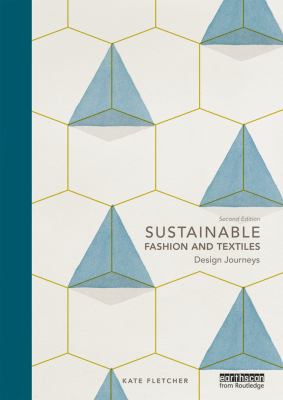 Sustainable fashion and textiles: Design journeys, explores various facets of sustainable fashion and textile production and practices through the lens of eight ‘design journeys’ to showcase the life cycle of textiles and clothing from raw materials to the consumer as well as opportunities for more environmentally sustainable changes at every step.
Sustainable fashion and textiles: Design journeys, explores various facets of sustainable fashion and textile production and practices through the lens of eight ‘design journeys’ to showcase the life cycle of textiles and clothing from raw materials to the consumer as well as opportunities for more environmentally sustainable changes at every step.
 Creating sustainable supply chains: Stories of fashion, textiles and place, details six companies that have worked sustainable methods into their production processes and how these products and practices are situated and contextualized in their histories, cultural traditions, geographies, and materiality. The authors analyze the strategies used and emerging patterns to highlight insights contributing to a more environmentally sustainable fashion industry.
Creating sustainable supply chains: Stories of fashion, textiles and place, details six companies that have worked sustainable methods into their production processes and how these products and practices are situated and contextualized in their histories, cultural traditions, geographies, and materiality. The authors analyze the strategies used and emerging patterns to highlight insights contributing to a more environmentally sustainable fashion industry.
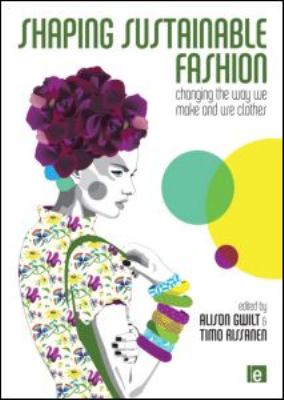 Shaping sustainable fashion: Changing the way we make and use clothes, examines environmentally friendly interventions designers, producers, and consumers can make from a garment’s sourcing and design to its use to its end of life. Complete with case studies, this volume provides a range of strategies tailored to each stage of clothing creation, use, and disposal from the scale of the consumer to manufacturer.
Shaping sustainable fashion: Changing the way we make and use clothes, examines environmentally friendly interventions designers, producers, and consumers can make from a garment’s sourcing and design to its use to its end of life. Complete with case studies, this volume provides a range of strategies tailored to each stage of clothing creation, use, and disposal from the scale of the consumer to manufacturer.
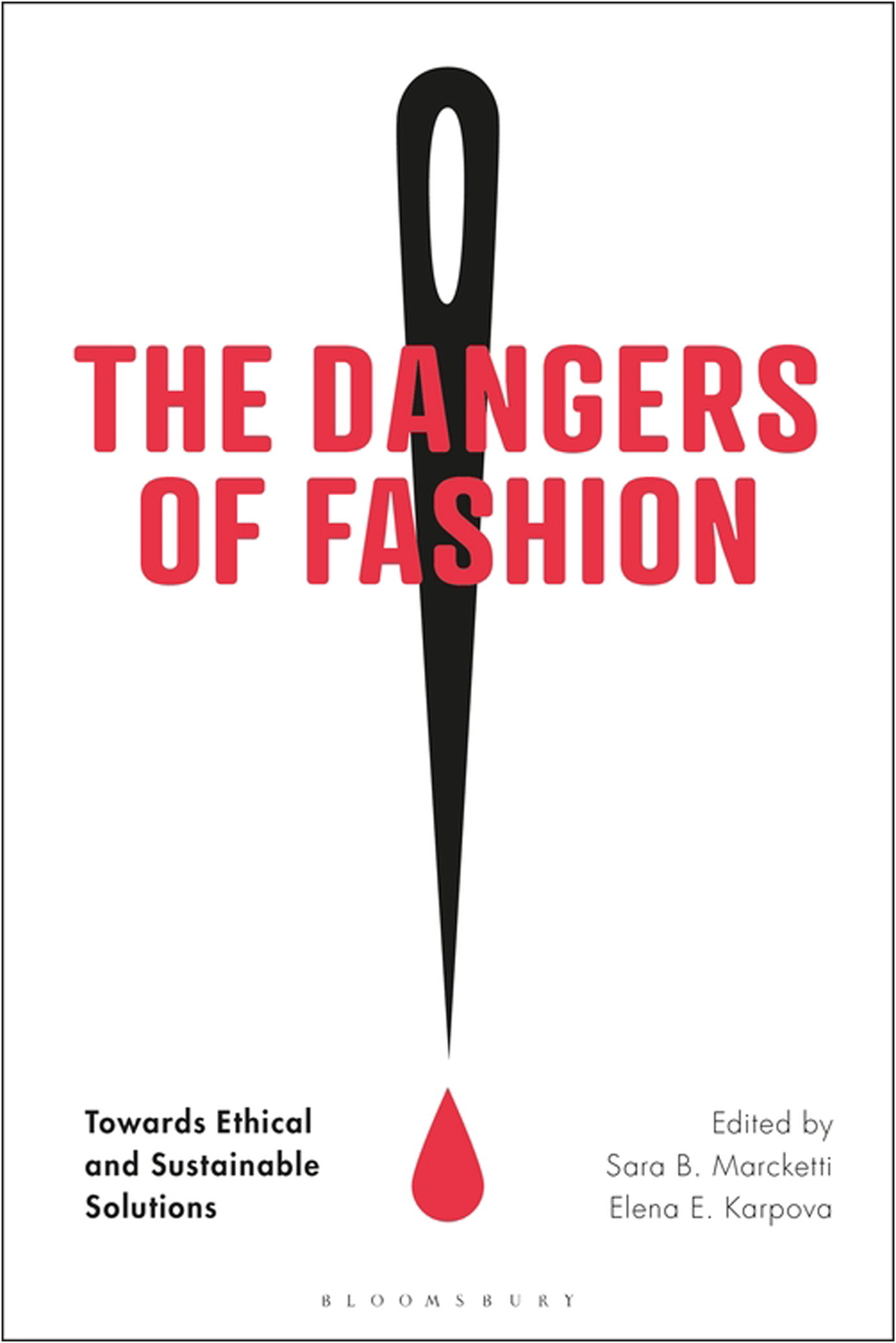 The dangers of fashion: Towards ethical and sustainable solutions, takes a distinctly action-oriented approach to addressing the environmental, social, and humanitarian issues woven into the behemoth that is the fashion industry. This book builds a comprehensive view of the impacts of the industry, addressing use issues like physical and mental health effects associated with specific fashions and intellectual property matters surrounding design replication, as well as environmental concerns about garment life cycles and humanitarian issues regarding labour conditions and human trafficking.
The dangers of fashion: Towards ethical and sustainable solutions, takes a distinctly action-oriented approach to addressing the environmental, social, and humanitarian issues woven into the behemoth that is the fashion industry. This book builds a comprehensive view of the impacts of the industry, addressing use issues like physical and mental health effects associated with specific fashions and intellectual property matters surrounding design replication, as well as environmental concerns about garment life cycles and humanitarian issues regarding labour conditions and human trafficking.
Clothing alterations and repairs: Maintaining a sustainable wardrobe,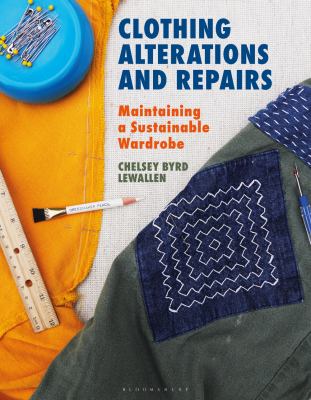 gives you the skills needed for tailoring, mending, and extending your textiles’ lifespans in beautiful, creative ways. Use this beginner-friendly guide to get started or advance your knowledge: learn a range of techniques to fix tears and holes, replace buttons, take seams in or let them out, adjust hems and necklines, and much more. Make your wardrobe what you want it to be!
gives you the skills needed for tailoring, mending, and extending your textiles’ lifespans in beautiful, creative ways. Use this beginner-friendly guide to get started or advance your knowledge: learn a range of techniques to fix tears and holes, replace buttons, take seams in or let them out, adjust hems and necklines, and much more. Make your wardrobe what you want it to be!
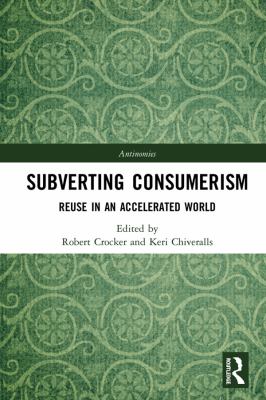 Subverting consumerism : Reuse in an accelerated world, focuses on reuse practices in consumer and commercial contexts. This volume analyzes the social and cultural weight reuse holds, as well as its aesthetic potential. It examines urban potential for food waste composting, wasteland transformation, and the transition of textiles from something enduring, repurposed as many times as possible, to the current situation of textile over-consumption.
Subverting consumerism : Reuse in an accelerated world, focuses on reuse practices in consumer and commercial contexts. This volume analyzes the social and cultural weight reuse holds, as well as its aesthetic potential. It examines urban potential for food waste composting, wasteland transformation, and the transition of textiles from something enduring, repurposed as many times as possible, to the current situation of textile over-consumption.
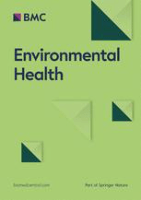 The global environmental injustice of fast fashion, is a commentary article that outlines manufacturing issues, corporate responsibility and oversight, and the part the consumer plays in the current landscape of fast fashion. It also illustrates the potential impact of legislation around garment production and textile reuse. This piece is much shorter than the others highlighted here and is a good entry point to the world of fast fashion industry and environmental sustainability.
The global environmental injustice of fast fashion, is a commentary article that outlines manufacturing issues, corporate responsibility and oversight, and the part the consumer plays in the current landscape of fast fashion. It also illustrates the potential impact of legislation around garment production and textile reuse. This piece is much shorter than the others highlighted here and is a good entry point to the world of fast fashion industry and environmental sustainability.
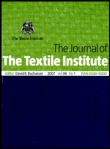 Popularization of sustainable fashion: Barriers and solutions addresses the apparent conflict between ideas of “fashionism” and environmental sustainability, and strategies for bridging the gap and expanding sustainable fashion in the popular consciousness. This empirical research article analyzes survey results from both consumers and industry workers to generate marketing and sustainability techniques for building a more environmentally friendly garment industry and consumer base.
Popularization of sustainable fashion: Barriers and solutions addresses the apparent conflict between ideas of “fashionism” and environmental sustainability, and strategies for bridging the gap and expanding sustainable fashion in the popular consciousness. This empirical research article analyzes survey results from both consumers and industry workers to generate marketing and sustainability techniques for building a more environmentally friendly garment industry and consumer base.
And that's just a taste! Navigate to the library website at library.utoronto.ca and try the search string below to find many more!
